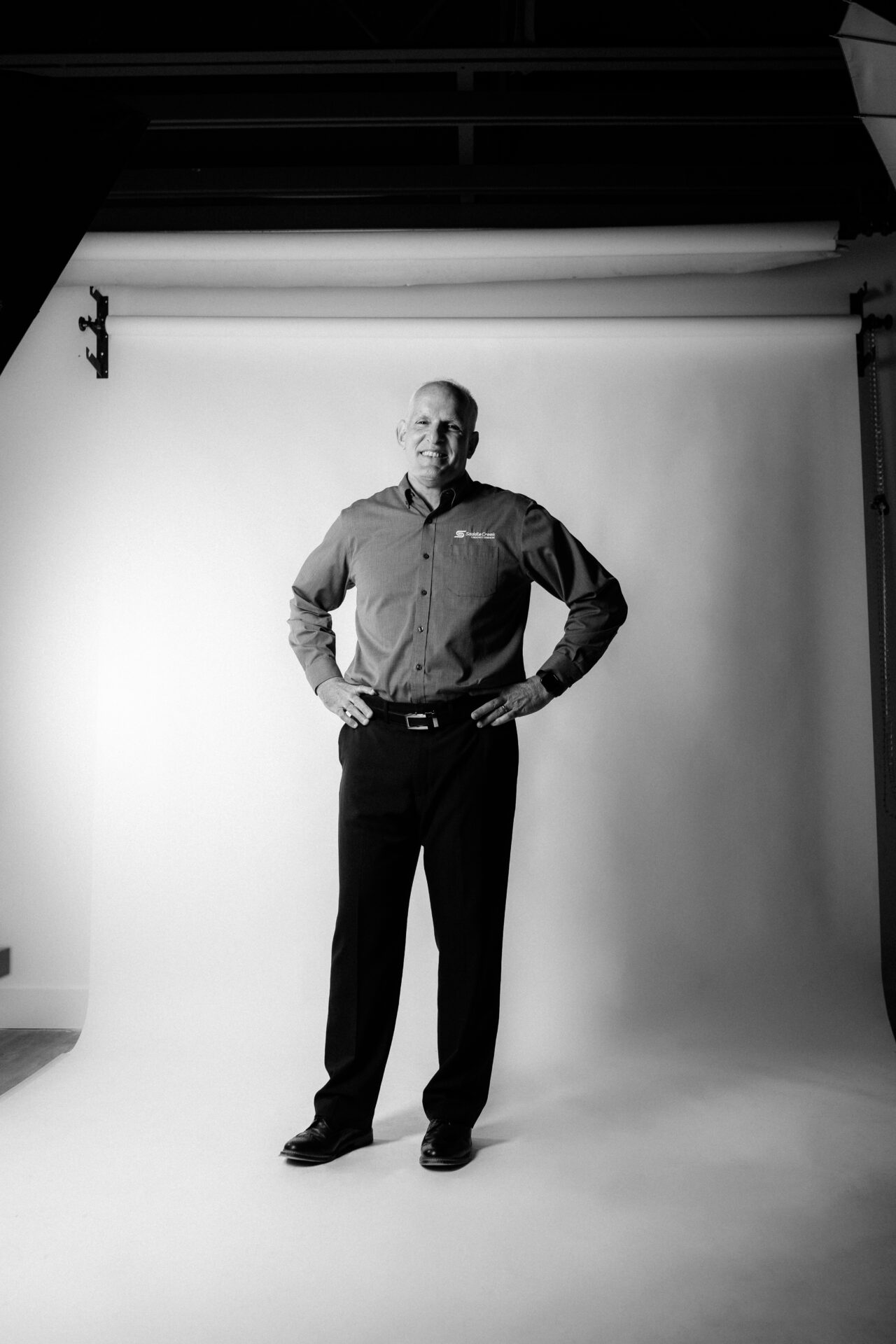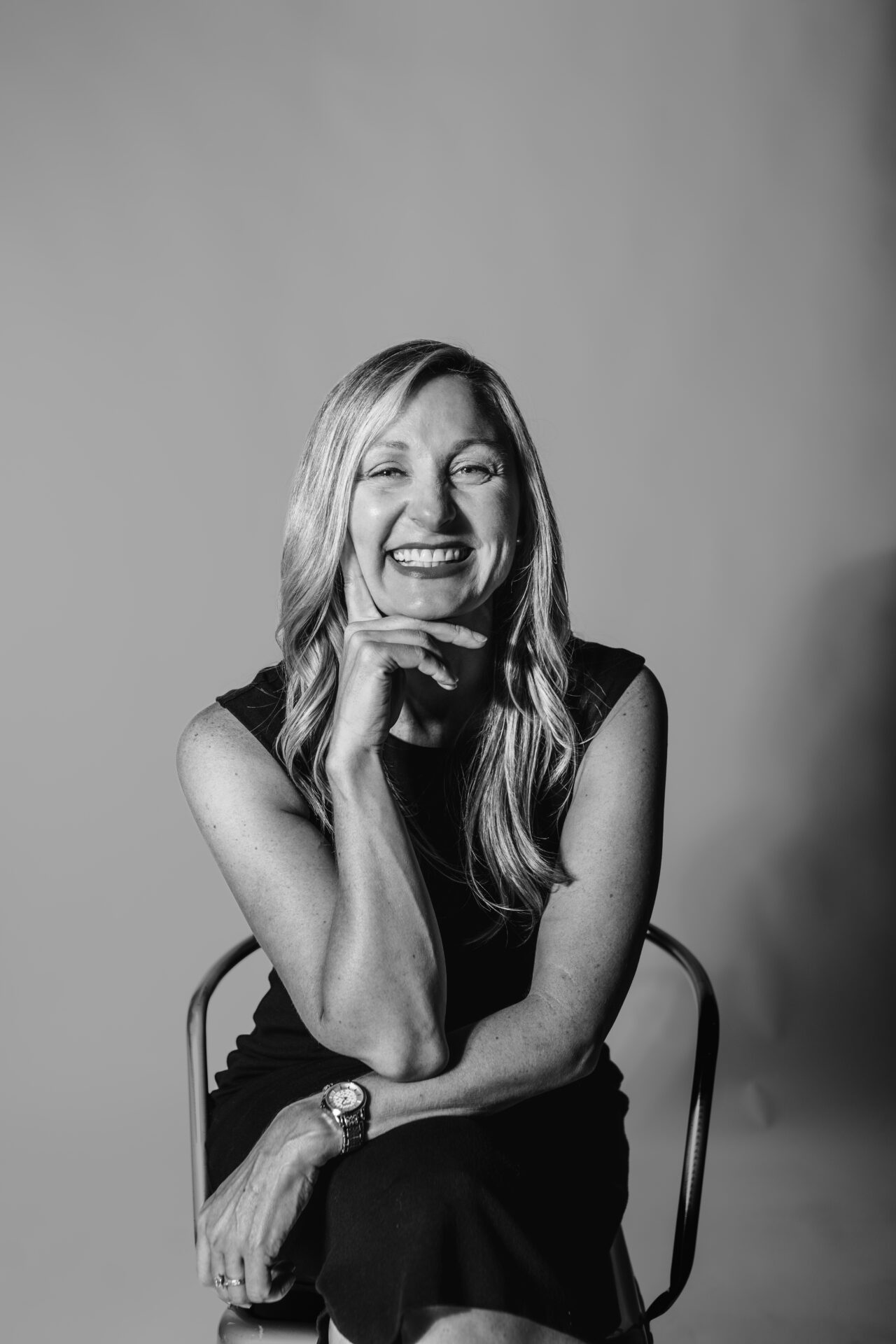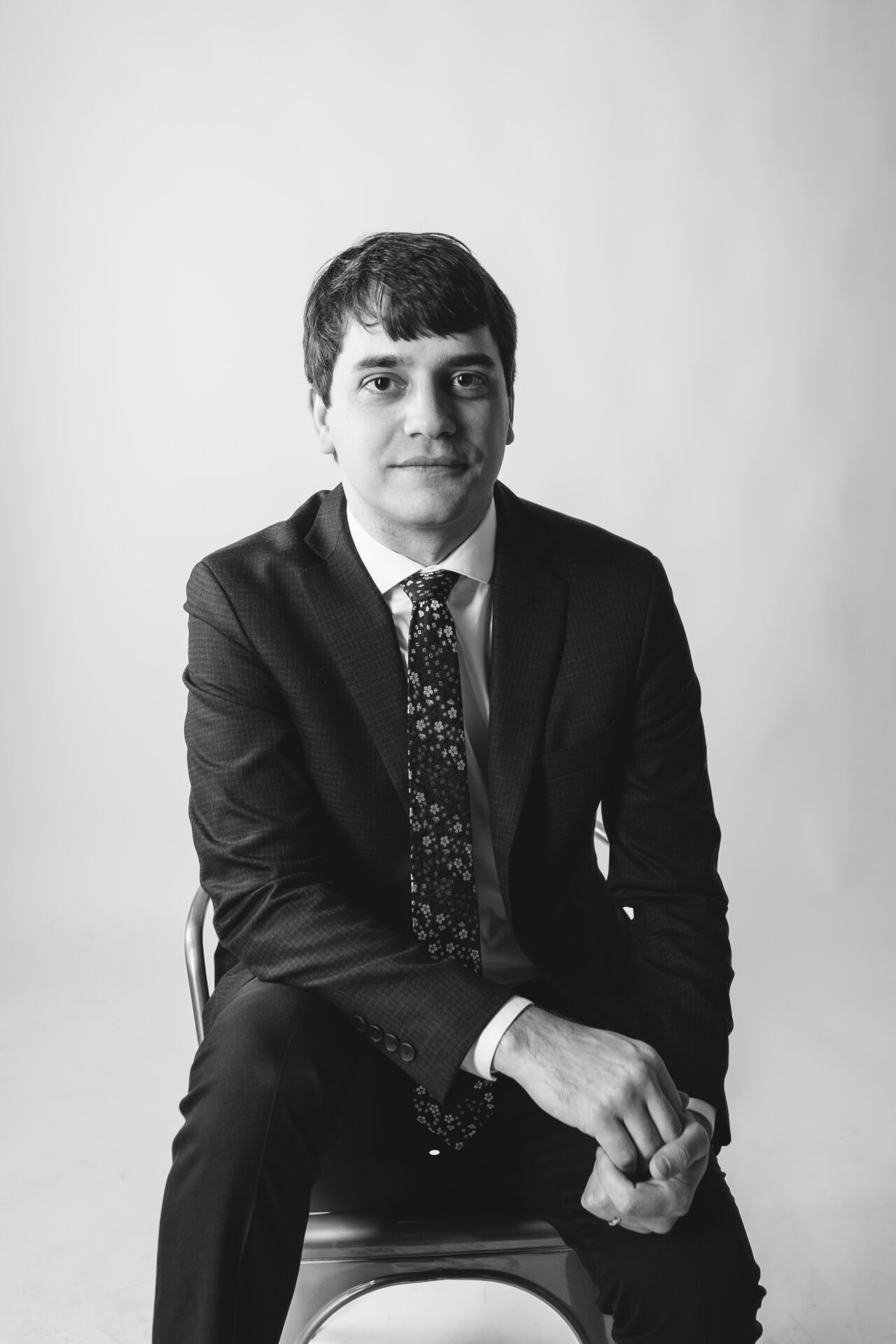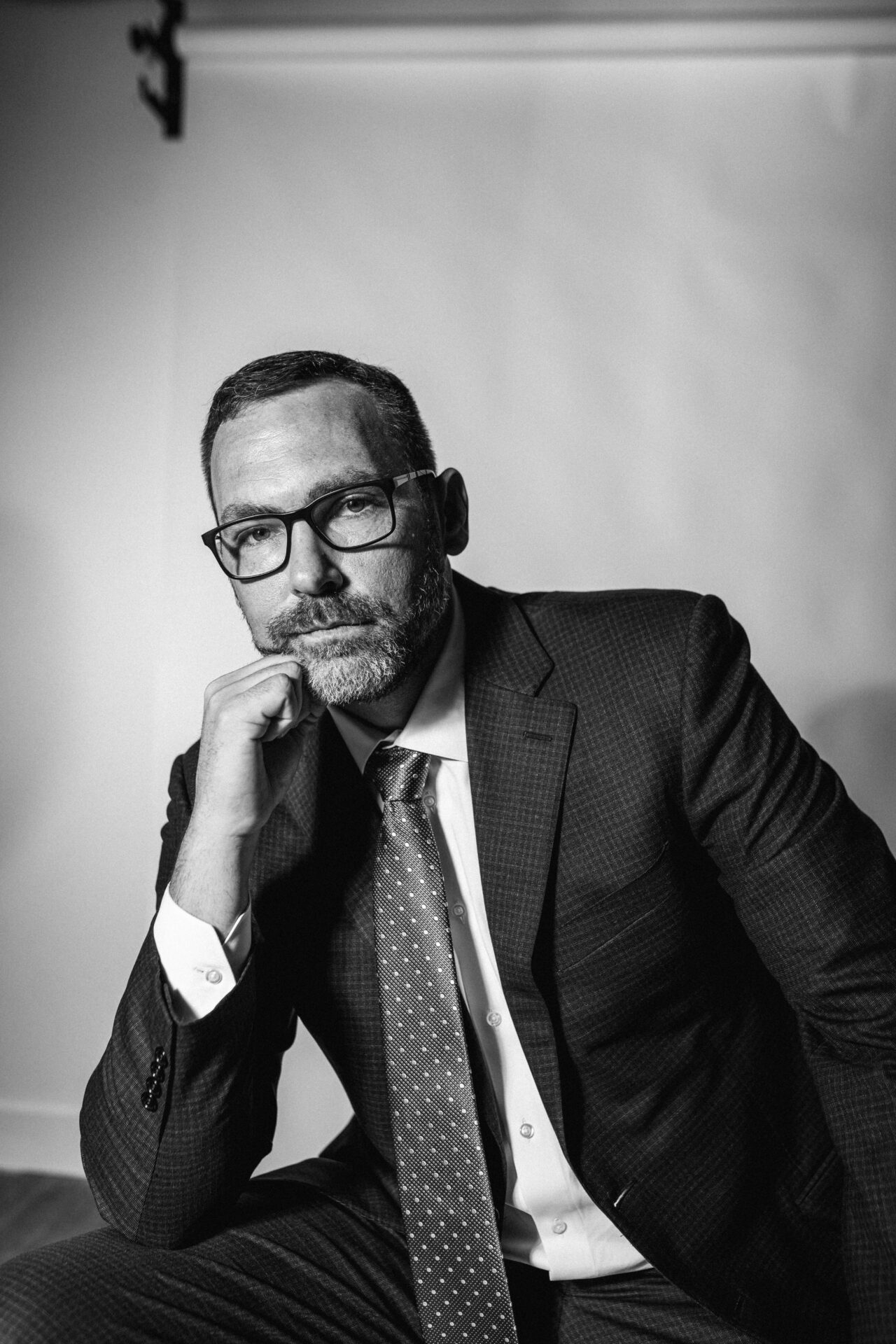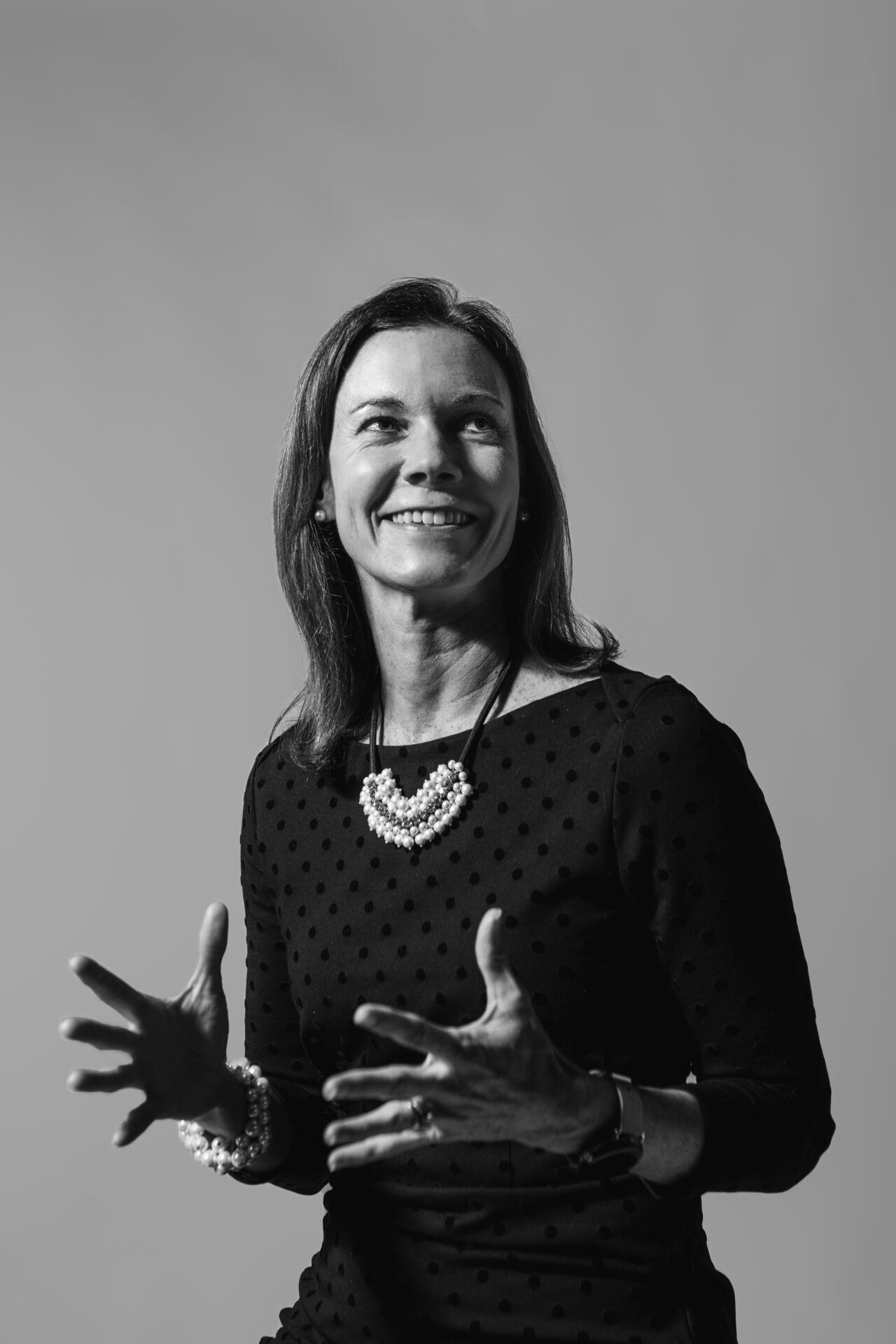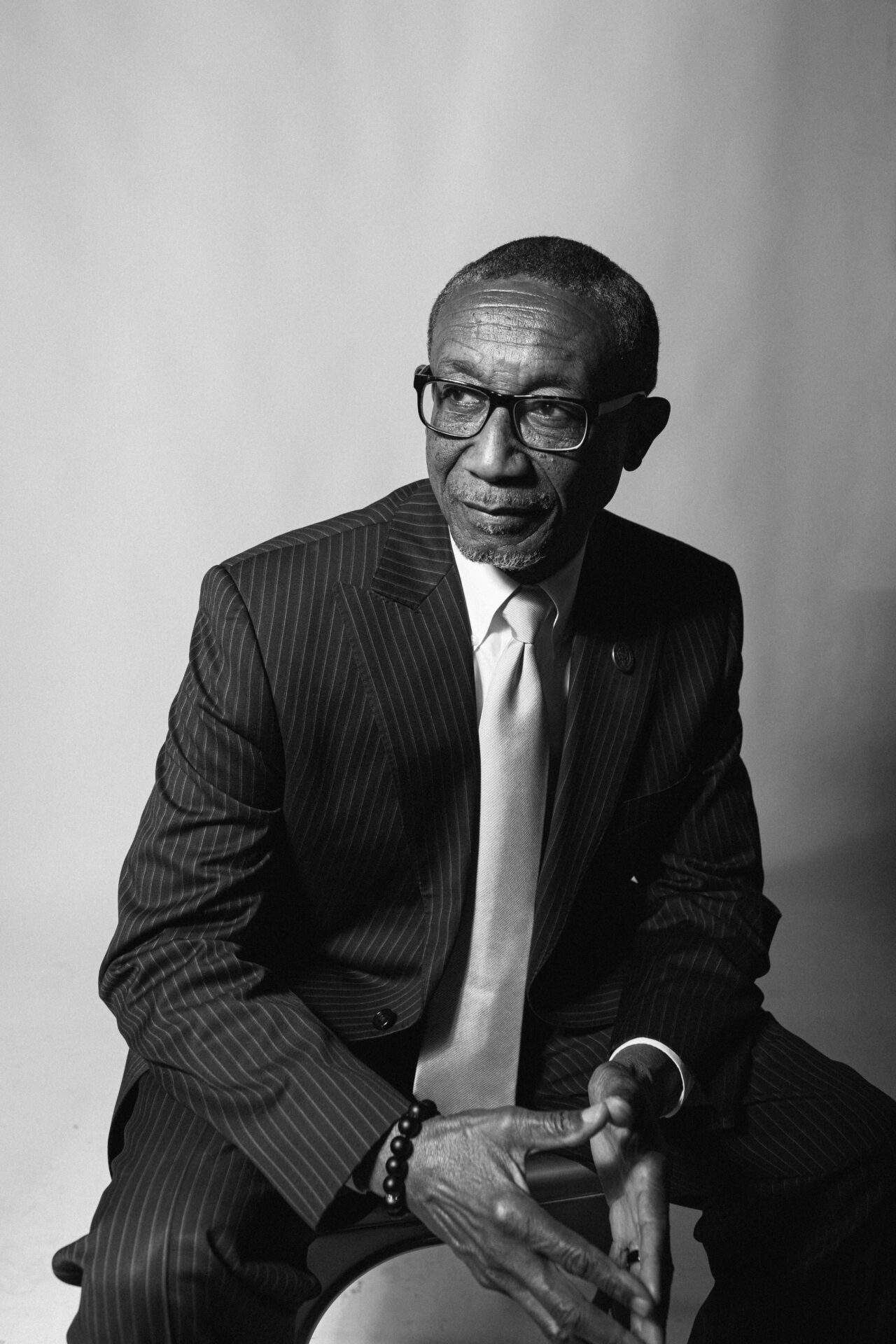Mark Cabrera
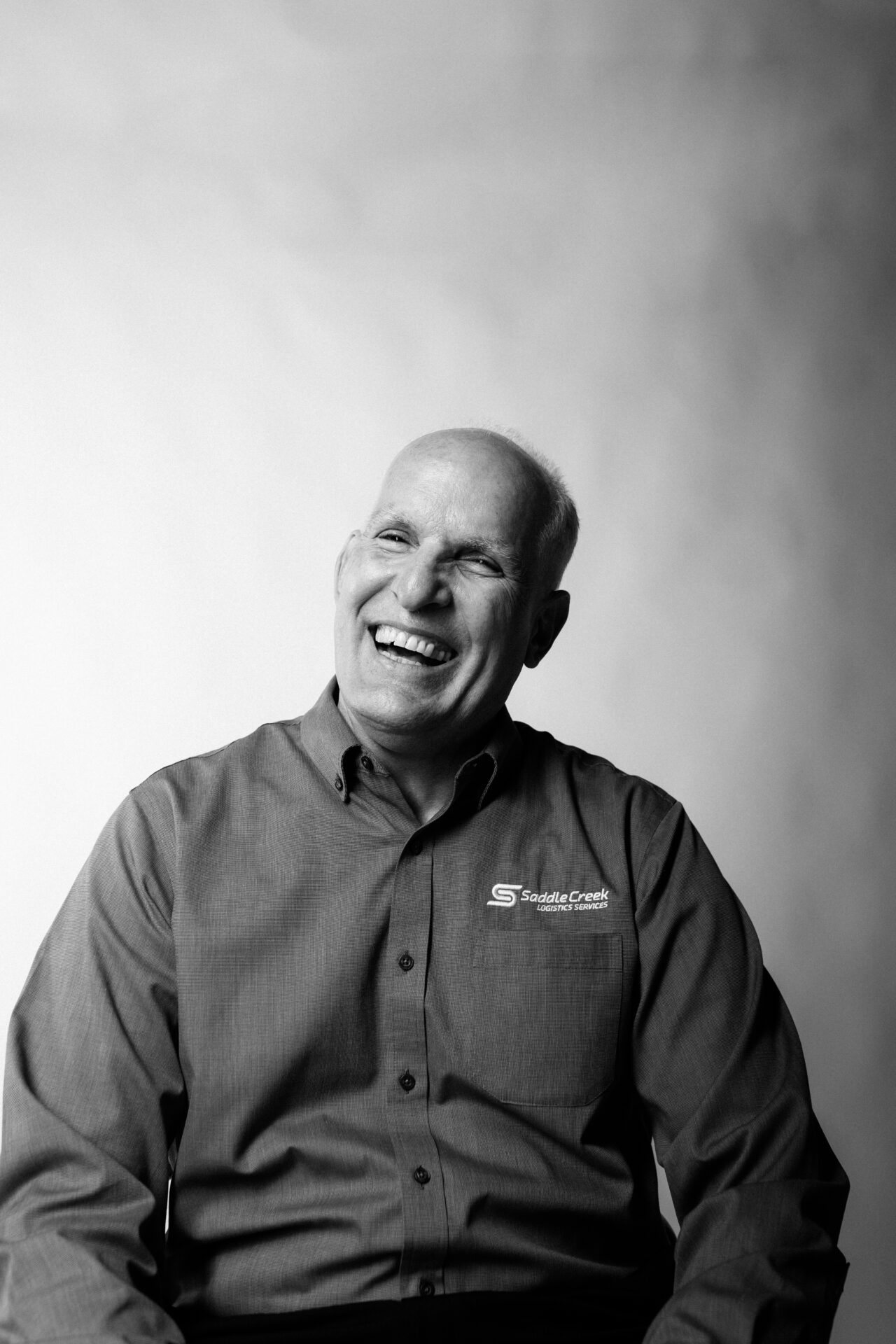
Mark Cabrera spends most of his time creating a legacy and building on the legacy of others.
For example, he and his wife are nearly empty nesters after raising their five children—a legacy that will far outlive them both. Also, Mark is deeply aware and appreciative of the legacy of Saddle Creek Logistics Services founder David Lyons, a man he was inspired by as an understudy and who he tries to emulate as the leader of a burgeoning company.
When Mark came on board as Saddle Creek’s CFO in 2001, company revenue was around $80 million. Today, the company that Mark became CEO of in 2019, generates revenue of more than $1 billion per year, and the Lakeland-based corporate headquarters employs nearly 1,100 individuals.
“I always look at my role in two parts—the traditional CEO role, which of course, means building the company and building shareholder value, but I always tag onto that, extending the founder’s legacy,” he says. “It’s pretty humbling when you’re responsible for a lot of people’s wellbeing…but then you realize you have a leadership team who are all really experts in what they do, and they are better than you are in those areas. As [former President Ronald] Reagan would say, you learn to trust, but verify.”
THE INTERVIEW
The Lakelander
What are some things that you can share that Saddle Creek is working on, working through, and that people will recognize as opportunities coming here in the future?
Cabrera
I’d love to tell you there’s some secret sauce. Really we’ve had nearly 60 years of steady growth, and a lot of that growth has just been organic. It’s the simple basic thing: if we deliver excellent service to our clients we have the opportunity to add locations and add services. That’s mostly how we’ve grown through our history. Then from time to time strategic acquisitions logically add on. One time we bought a secondary packaging company. We bought an e-commerce company in 2010; that’s where we learned that business, and it’s now 40 percent of what we do. And we bought a company in southern California that got us on the West coast and made us national. Anything that we can kind of bolt on strategically to a business, we’ll look at it.
The Lakelander
You are a business leader, and you’ve sat on and sit on many boards and many committees within our community. How do we get better at providing high-paying, high-skilled jobs?
Cabrera
We’re up to 1,100 associates that work in Polk County. You’re always going to have a nucleus of jobs of warehouse workers, warehouse associates, forklift operators, truck drivers. Where a lot of our growth comes from is really the support jobs that support our national growth. So HR, finance, sales and marketing—and then especially the technical jobs like IT and engineering. Because as a supply chain, the work that we do is actually getting more complex, it requires more robust systems. It requires solutions that actually have to be designed and implemented and then have to be carried out. So that really drives the need for higher-level talent, especially engineering and IT and operations talent, that understands how to operate in that environment. It’s a much more complex and different environment than, say, when I started 20-plus years ago.
Many of the jobs within the warehouse also require a higher-level skill set because as you bring on more automation, you’re automating some of those lower-level, more physical tasks.
The Lakelander
How do you describe to people how Saddle Creek is kind of intimately woven into the fabric of our lives?
Cabrera
A lot of people didn’t know about supply chains until the pandemic—and rightly or wrongly, now they do. At a simplistic level, we connect people with products. Whether it’s food and beverage, footwear, apparel, health and beauty aids, consumer packaged goods…we’re storing it in our warehouses, we’re picking orders for retailers and individual consumers. Sometimes it is delivered on our trucks, and sometimes we arrange the transportation— so we’re involved in it in all those facets. And then here locally, people probably don’t realize that we feed the local grocery distribution network. Lastly, in terms of Lakeland…we have a lot of people that live here, work here and take pride in being involved in the community. Giving back is a big part of our culture and the legacy that David Lyons left.
The Lakelander
When it comes to new technology, what do you see and what is your position on anything from AI to robotics to other emerging technologies?
Cabrera
I don’t know if supply chain is sexy or not, but certainly the level of investment that’s being made in our industry—the number of new robotics and automation entrances into the market—is staggering. We actually now have an Engineering and Innovation team…that focuses entirely on what’s out in the market and then helping us place bets on where to get the best results. One of the misconceptions is that people talk about automation as if it’s something that’s going to fix everything kind of en masse. In baseball parlance, it’s like there’s some big home run out there. What we’ve found is it’s really about stringing together a lot of singles, and those are all specialized areas where you’re trying to solve a problem.
It’s autonomous forklifts, autonomous floor scrubbers, robotic arms that unload cases…all those kinds of things that save some manual labor. The upside…there are really two parts to it. There’s the increased productivity that you’re obviously going for, but a lot of these things make associates’ jobs better because you’re eliminating tasks that are either repetitive or strenuous…long distance walking and those sorts of things.
The one technology we’ve deployed a lot of are autonomous mobile robots (AMRs). These are robots that carry products back and forth to an area. Instead of an associate having to walk those distances, they stay in an area and either pick product or replenish, and the robots go back and forth. It’s a very simple idea, but it generates a lot of productivity and it makes work more enjoyable for associates.
The Lakelander
How do you recruit the right talent that you need as you evolve? And then how do you retain it here in Central Florida?
Cabrera
Nationally, and in Central Florida, the [data] suggests the challenge of hiring [and] keeping talent happy, is going to be difficult for the foreseeable future. We’ve had to [utilize] more of a grow your own approach in a lot of areas. Within an area like engineering or IT we try to make sure we have some laddering to allow for career growth, which means being able to go out to local universities and hire off campuses. Partnerships with Florida Poly, Florida Southern, and just the rich university environment we have, creates a nice environment to be able to have a business in Central Florida and grow your own… because it is really difficult to just keep buying talent and just trying to [recruit] it away from other companies.
The Lakelander
With so many different things to evaluate and create solutions for, how have you learned to adapt, and how do you continue to do your best at your job with all those things to figure out?
Cabrera
I don’t have to figure them all out—that’s the first answer. [There were] a couple of people I reached out to before I got promoted and took the job. One of them was a former executive at Publix, Jeff Chamberlain. I asked questions like, ‘How do CEOs fail?’ and ‘When they get it right, what do they do?’ I remember a couple people told me, listen, the most important aspect of success is having a few people around you to get things done. And that seems like a simple concept, but when you have good people on your leadership team who go get things done and you’re smart about it, you know your job is kind of the support—make sure you’re supporting them and help navigate a little bit. But I’m grateful I don’t have to figure all those things out.
Then obviously, any leader should be trying to learn. People in the office get tired of me reading books…I love leadership, I love trying to learn and certainly trying to learn as much as I can about our industry. I think as a leader, a lot of your job is to try to protect that environment, cultivate the environment, so a lot of good things grow in that soil.
The Lakelander
What would you like people to know about Saddle Creek as a business or about what you guys do that maybe is just not really understood?
Cabrera
Logistics is harder than it looks. I think we all just assume that things show up at the grocery store on the shelves. So we went through a pandemic and found that, oh, wait a minute…. it really points out how such a complicated complex organism works together because there are so many different individuals and companies working together to make it happen.
I would hope that our reputation would be a place where people respect who we are in the community and they feel like we’re doing our share…[and] that it’s a good place to work. We’d like to be able to employ a lot of people who can feel really good about living in Lakeland and great about their jobs.
David used to say, ‘Take care of your customers and take care of your associates and everything else will take care of itself.’

